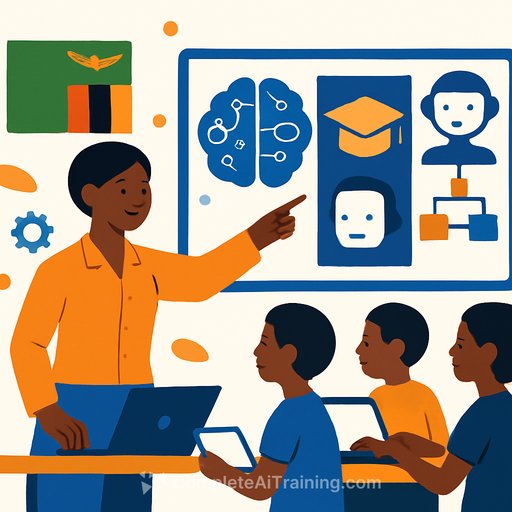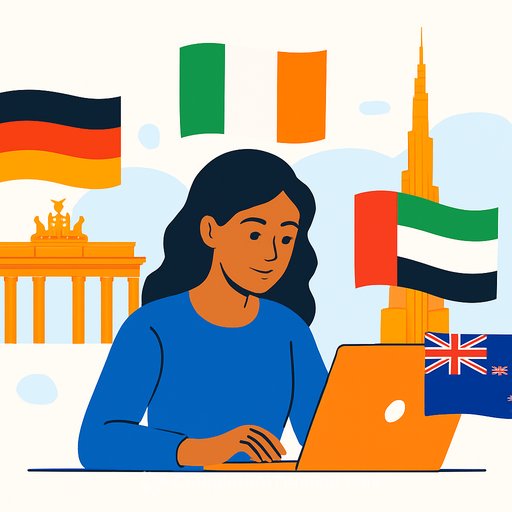Education AI and EdTech Take Center Stage as Zambia Moves to Transform Education
On August 27, 2025, the Ministry of Technology and Science partnered with the Ministry of Education to host the EdTech and AI Indaba at the Mulungushi Conference Centre. This high-level forum united government officials, private sector leaders, and development partners to focus on how digital technologies and artificial intelligence (AI) can address Zambia’s educational challenges.
The event was co-hosted by Hon. Felix Mutati, Minister of Technology and Science, and Hon. Douglas Syakalima, Minister of Education. Hon. Mutati emphasized that AI should support education without replacing the essential role of teachers. He pointed out that AI can help reduce teachers’ administrative tasks, increase access to learning resources, and enhance teaching quality if applied correctly.
Key Government Initiatives
As part of Zambia’s digital education strategy:
- Zamtel and ZICTA will deliver over 5,000 computers during 2025.
- Zamtel plans to complete 1,200 network upgrades between 2025 and 2026.
- MTN and Airtel are expanding coverage to achieve 96% digital connectivity by 2026.
These measures aim to improve access to digital education across the country. Public–private partnerships are also playing a vital role. ICT hubs have been established in Itezhi-Tezhi, Chisamba, and Chongwe through collaborations with organizations like UNDP and Ecobank.
Challenges and Inclusion
Hon. Syakalima highlighted the importance of getting children into schools, even if delivery challenges arise later. He noted that over two million children are still out of school, and it’s critical to address access first.
Despite progress, several challenges persist:
- Internet penetration in rural areas remains at about 50%.
- Less than 40% of teachers have adequate digital skills to effectively use ICT in education.
Priorities Moving Forward
Closing the Indaba, Hon. Mutati outlined three priorities for Zambia’s digital education agenda:
- Ensuring digital equity across regions and communities.
- Using AI responsibly as a tool to accelerate development.
- Strengthening partnerships to optimize resource use and prevent duplication.
He summarized the vision by stating that education, knowledge, and power are key tools for national progress, and AI can enhance these when applied properly.
For educators interested in how AI tools can support teaching and learning, exploring practical AI courses and training can be a valuable step. Resources are available at Complete AI Training, offering courses on AI integration in education and other sectors.
Your membership also unlocks:




